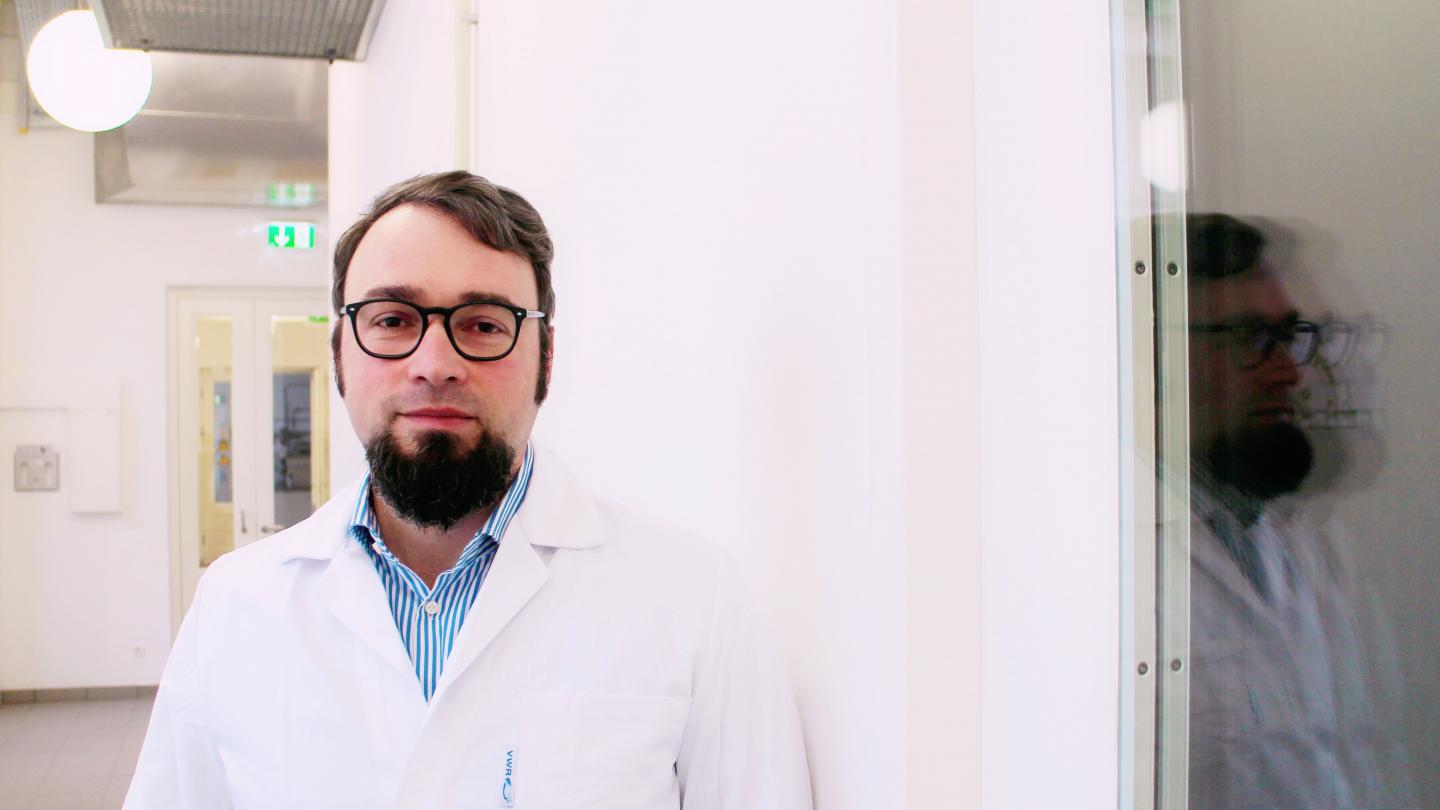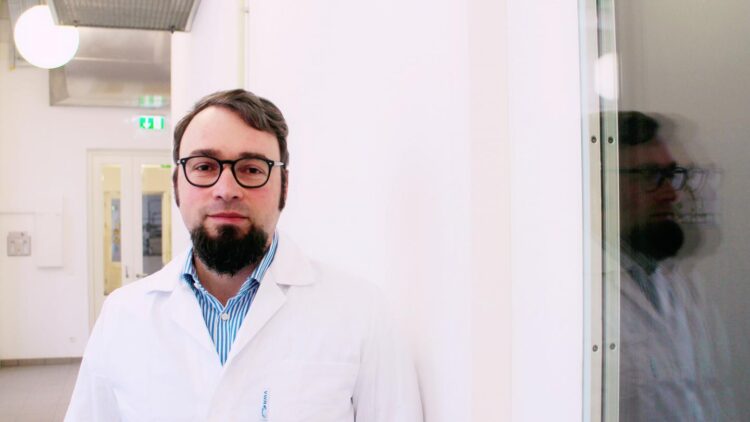
Credit: Faculty of Chemistry, University of Vienna
Researchers increasingly aim at utilising the manifold functions of lipids in our bodies, e.g. as blood fats or in blood coagulation, to better understand and predict diseases. An international team around Robert Ahrends at the Faculty of Chemistry of the University of Vienna now presented a groundbreaking tool for efficient lipid analysis in the journal Nature Communications. Their software LipidCreator highly accelerates the analysis of specific lipid groups and lipid signal molecules, and allows both, their qualitative and quantitative characterisation with mass spectrometry. The scientists applied the new method successfully in an analysis of blood components.
Lipids have a great potential as biomarkers. Life as we know it is wrapped in lipids, fats and waxes: they form cells and organelles, convey information, protect our organism from the harsh environmental conditions, and serve as energy building blocks. “It is not long ago that we gained an idea about the diversity of lipid functions,” says biochemist Robert Ahrends, who started his tenure track professorship in lipidomics – i.e. the analysis of the total lipids of a cell, tissue or organism – at the University of Vienna at the beginning of this year.
The innovative software LipidCreator can take lipidomics to the next level. “The software enables scientists to come up with new targeted lipidomics assays, to make them easily available to other labs, and to retrieve and include comprehensive knowledge and data from other studies, as the software also serves as an online database for lipidomic research,” study author Robert Ahrends from the Department of Analytical Chemistry explains.
Based on the software, scientists now can quantify about 60 lipid classes and their lipid signalling molecules in much bigger studies than previously; they can quickly set up workflows for the analysis of new target molecules, and easily check and validate the results.
Salvaging the treasure of Lipids
Lipids are chemically very diverse. They have a complex structure and consist of combinations of different building blocks, such as different sugars, fatty acyl groups, and different types of bonds. Mass spectrometry (MS) has become both, faster and more sensitive in recent years. Special further developments of MS today enable the identification of up to 500 lipids, the chemical components and structures of the lipids can be decoded via the masses of the individual lipid fragments. Despite the rapid growth of lipidomics, comprehensive software solutions for targeted mass spectrometric analyses of specific lipid groups have been lacking until now.
Clinical interest
Ahrends and his team already applied their software, proving their high potential for clinical applications: Lipids in different forms are important sources of energy, which are transported within the blood. As important factors in signal transmission between cells, they are also involved in the activation of blood platelets (thrombocytes), which in turn are important for blood clotting. Based on LipidCreator, the scientists successfully characterised lipids in blood plasma and analysed the role of lipids in platelet activation. According to the scientists, data gained from these kind of surveys might even help to identify relevant factors for blood coagulation and for the development of thrombosis.
###
Publication in Nature Communications
LipidCreator workbench to probe the lipidomic landscape, Bing Peng, Dominik Kopczynski, Brian S. Pratt, Christer S. Ejsing, Bo Burla, Martin Hermansson, Peter Imre Benke, Sock Hwee Tan, Mark Y Chan, Federico Torta, Dominik Schwudke, Sven Meckelmann, Cristina Coman, Oliver J. Schmitz, Brendan MacLean, Mailin-Christin Manke, Oliver Borst, Markus R. Wenk, Nils Hoffmann, Robert Ahrends, in: Nature Communications,
DOI: 10.1038/s41467-020-15960-z
Media Contact
Ass.-Prof. Dr. Robert Ahrends
[email protected]
Original Source
https:/





